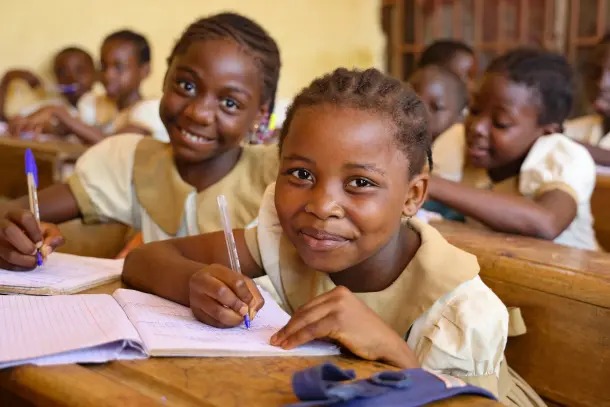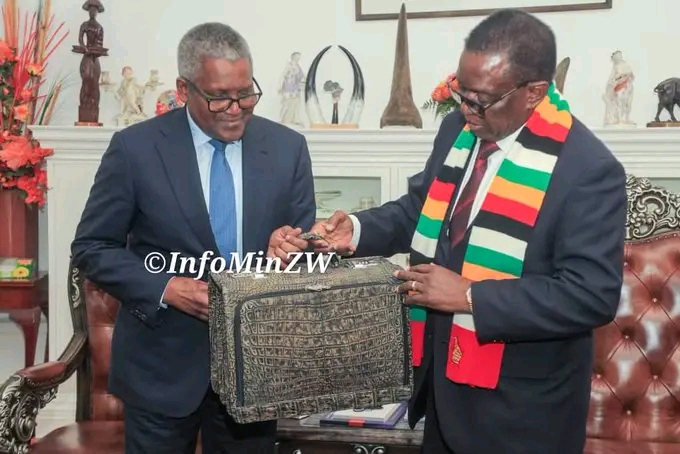
Learners in Class: Pic Courtesy of UNESCO
By George Swarei
UNESCO and UNICEF have joined forces to advocate for the establishment of robust foundations for health and well-being in primary schools worldwide. This initiative, launched at a global symposium held in Lusaka, Zambia, aims to equip children aged 5-12 with essential skills to stay in school, stay safe, and lead healthy lives.
The launch event in Lusaka witnessed the introduction of four co-published technical briefs as part of the initiative titled “Building strong foundations.” High-profile attendees included Felix Mutati, Zambia’s Minister of Technology and Science and acting Minister of Education; Stefania Giannini, UNESCO Assistant-Director General for Education; and Robert Jenkins, UNICEF’s Director, Education and Adolescent Development.

Pic courtesy of UNESCO
Stefania Giannini emphasized the critical link between education and health, stating, “Children who receive good quality education are more likely to be healthy, and those who are healthy are better able to learn.” She stressed the importance of early intervention in primary school to establish a solid understanding of health and well-being.
The initiative aims to provide foundational education that not only focuses on basic literacy and numeracy skills but also prioritizes health, well-being, and social development. It is expected to have positive effects on learners’ academic performance, attendance, and overall engagement in school.
Robert Jenkins highlighted the significance of early interventions, stating, “Interventions during the early years of a child’s life have incredible long-term impact, laying the foundation for lifelong success in the education system and beyond.”
Despite significant progress in global primary education, challenges persist, particularly in sub-Saharan Africa. UNESCO data reveals that millions of children in the region, especially girls, still lack access to education. Moreover, issues such as adolescent pregnancy, HIV prevalence, and corporal punishment remain prevalent, hindering children’s development and well-being.
Felix Mutati underscored the importance of addressing these challenges, stating, “Primary school education is paramount for children’s development and fulfillment.” He emphasized the need for engaging, age-appropriate approaches to early literacy and numeracy education.
The launch of the “Building strong foundations” initiative in Lusaka builds on UNESCO’s regional efforts in education for health and well-being, particularly through the Our Rights, Our Lives, Our Future (O3) program. This program, operating across 33 countries in sub-Saharan Africa, focuses on improving sexual and reproductive health, gender equality, and education outcomes for young people.
UNICEF’s involvement in the initiative builds on its track record of supporting integrated school health programs worldwide. The efforts align with the Eastern and Southern African Ministerial Commitment on Sexuality Education and Sexual and Reproductive Health Services for Adolescents and Young People, highlighting a collective commitment to address these critical issues.

